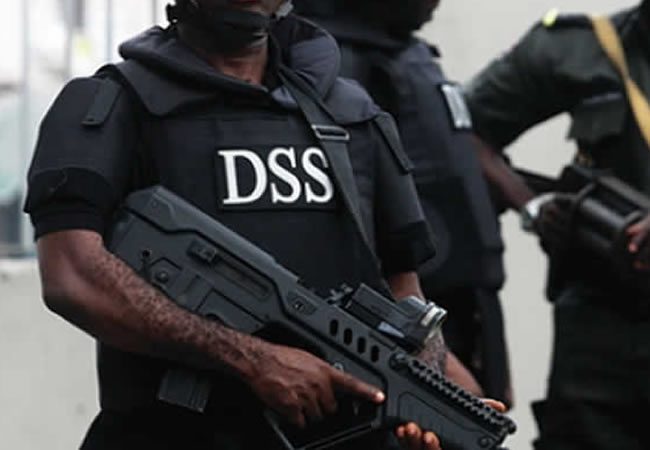On Friday, the Department of State Services advised people to be watchful for potential dangers, specifically Improvised Explosive Devices (IEDs).
IEDs are homemade bombs used by criminals and terrorists to intimidate security personnel and civilians in the North-East and North-West regions of the country.
During the North-East Security Meeting in 2023, security consultant Group Captain S. G. Shehu (retd.) presented data indicating that in 2023, Borno, Adamawa, and Yobe experienced 376 explosive incidents, leading to 151 civilian casualties.
Shehu also mentioned that in 2022, the three states saw at least 639 explosions and 223 civilian casualties.
However, on Friday, the DSS urged Nigerians to avoid crowded or suspicious areas.
In a statement to commemorate the start of Ramadan and Lent, Peter Afunanya, the Director of Public Relations and Strategic Communications at the Department of State Services, National Headquarters, shared this information.
Afunanya encouraged citizens to report any unusual activities or movements to the authorities.
The statement indicated, “Residents are advised to stay cautious of potential dangers, particularly Improvised Explosive Devices. Additionally, the public is urged to stay informed about possible threats, avoid crowded or suspicious areas, and report any unusual objects, activities, or movements of hostile elements to relevant security agencies.
“Similarly, the Service emphasizes the need for tolerance, unity, dialogue, and peaceful coexistence among the populace.”
Afunanya reassured Nigerians that the DSS would share intelligence with other security agencies to maintain safety and security in the country.
He added, “In general, the Service reaffirms its commitment to providing strategic intelligence to other collaborating agencies to ensure a safe and secure country.
“As we observe these spiritual journeys during the Lenten and Ramadan periods, let us uphold and share the values that unite us. Let us reaffirm our dedication to the values of mercy, tolerance, forgiveness, and being our brother’s keepers, and in doing so, promote a more inclusive and fair society for all of us.
“Furthermore, the Service encourages religious leaders and clergy to embrace empathy and prioritize cooperation and conflict prevention beyond the specified periods.”



